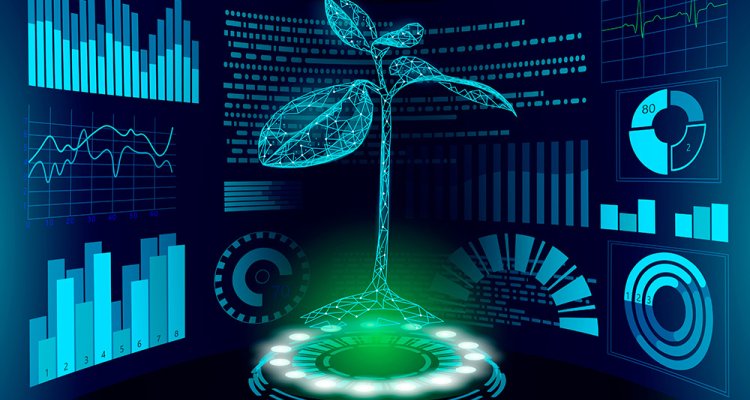
Project
Digital Twin voor decision support in de tomatenteelt
Digitization techniques nowadays give us much more possibilities to gather data and understand growth processes. The digital twin approach in horticulture is one of several applications of digitization that may serve to monitor and support the cultivation of crops. A digital twin uses real-time data of the real twin to update the virtual counterpart, that is used to evaluate the status of the real twin and predict its behavior. This project will develop a digital twin of a tomato crop and demonstrate it in commercial greenhouses.
This project entails the development of a Digital Twin for the tomato cultivation to support the grower with clear information on plant status and climate, enabling a more efficient and sustainable use of resources like energy, water, nutrients and CO2. More than existing software and sensor equipment, this continuously updated Digital Twin will render insight in the growth processes and plant balance to give answers to questions of growers with regards to optimal plant load and cultivation strategy. A realistic digital representation requires a real-time, sensor-based update from the real twin, and contains all relevant processes. Such processes are all present in the scientific, state-of-the-art plant models called functional-structural plant models (FSPM).
Our Digital Twin model is based on such an FSPM, reproducing the individual plants with all their organs growing in 3D space. Essential for model-based guidance of the crop cultivation is the calculation of the carbohydrate balance. This model variable will be updated by sensor information on carbohydrate status of the crop, derived from novel hyperspectral images of plant parts. In addition, new vision techniques will quantify plant growth in addition to standard monitoring practice. Water balance of the crop is monitored with load cells and sap flow sensors. This three-year project will start with lab tests, followed by greenhouse experiments and, finally, a test in commercial practice.
The project consortium consists of partners from all disciplines involved in this data-driven, semi-autonomous, AI-based decision support system for tomato crop cultivation. With this Digital Twin, a crop cultivation can be supported using a goal-oriented model advice, allowing a climate strategy and a tuning of the level of inputs (heat, light, CO2, water, nutrients) to the demands of the crop.